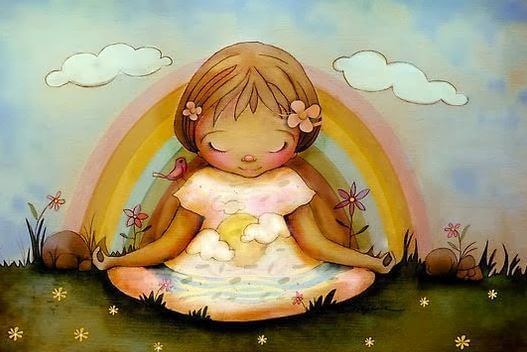What encourages heart education is the idea that if children learn to manage their emotions, in the future we will reduce the problems resulting from conflicting emotions. These problems can be simple and common or extremely serious, such as violence, suicide, or drug use.
Through emotional education, we develop an ‘I’ that determines emotional liberation and maturity, and gives us a sense of security and personal self-realization.
- Another reason to educate the heart is mental development.
- The typical neural plasticity of childhood will help us to shape brain development.
- Thus favoring the development of healthy circuits.
The most important thing is to perceive and work emotions as they occur, because in this way we learn to handle them properly, learning is reinforced with practice, and because emotions are abstract things, it can be difficult to understand if we have no form. to experience them.
For example, children who recognize their negative emotions, such as anger and irritation, learn to cope successfully. Unfortunately, we don’t know how to handle our children’s emotions; if they get angry, we punish them or we get angry too.
This reaction from adults encourages children not to share their emotions. The emotion does not go away, but it produces a weakening of the trust between the child and his caregivers.
Emotional education is very important, but you have to be careful: not everything goes and nothing ends, just as we strive to teach addition and subtraction, we must also strive to educate the heart.
The child must learn to identify the signs that convey our feelings to us and to use them as a basis for making decisions appropriate to each situation that is presented.
To do this, we must send a clear message to the children: all feelings are good; our behavior towards them may be incorrect.
It is essential for emotional development to realize that we are all jealous, greedy, disappointed, etc. It is important to familiarize yourself with them and learn to express them correctly, without hurting ourselves and others.
We need to provide children with tools to help them put this into practice. This is very important because some children are afraid of their own feelings because they cannot separate what they feel from how they are acting.
The child must understand that if he has been punished for expressing his anger it is not because of the feeling itself, but because of his behavior. To help you, we can tell stories of children who were angry and how they solved the problem, invite them. to share your experiences, ask him to draw a picture and write about it.
The child must learn to calm down, think before acting and understand that certain emotional states are uncomfortable for everyone, therefore, to control his behavior that results from emotion, he must treat others as he would like to be treated you.
Any strategy that involves games, funny and dynamic stories is suitable to promote the principles we discuss, in this way we will help children develop their ability to think and plan to avoid difficult situations and develop in harmony.

